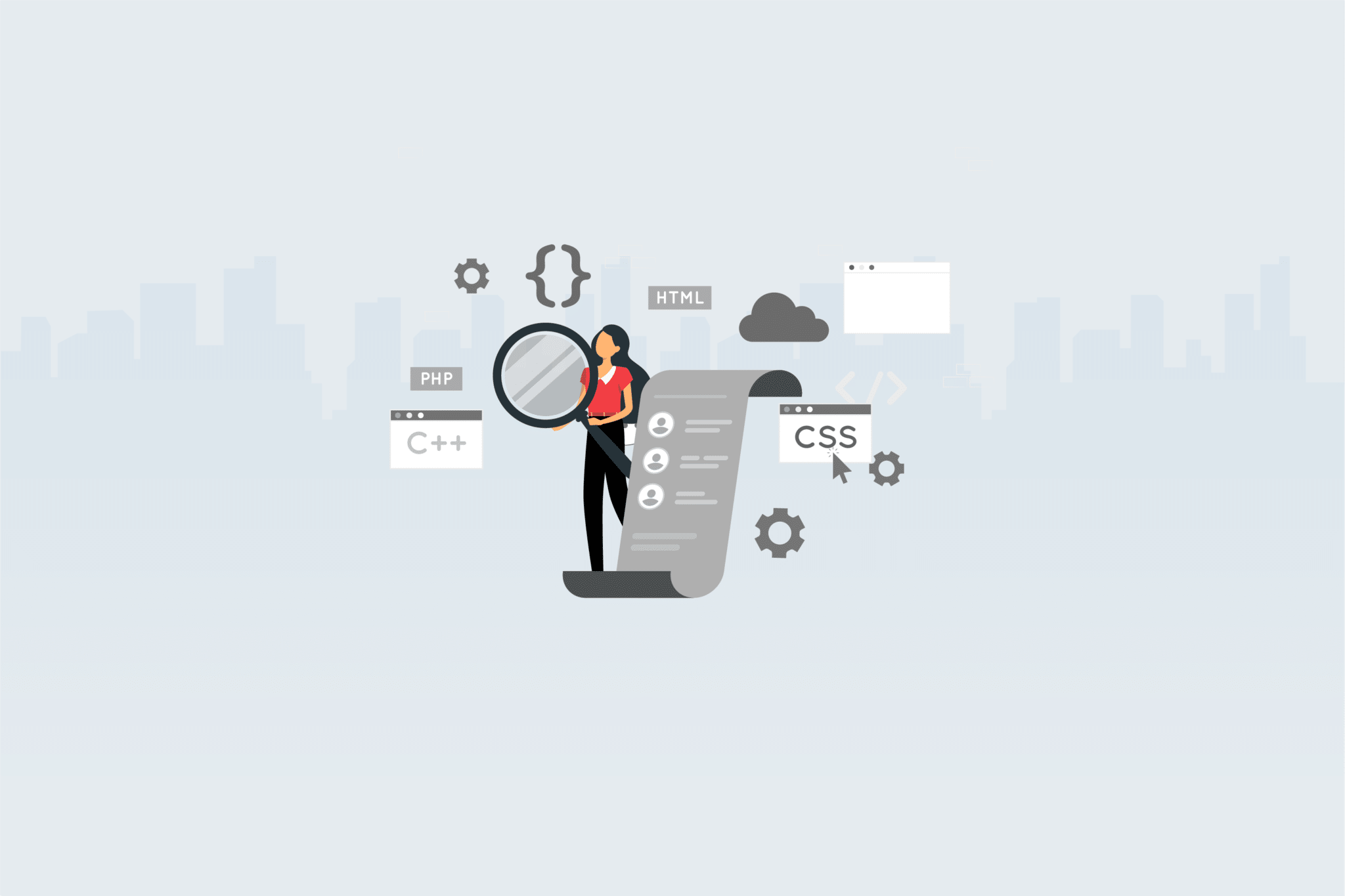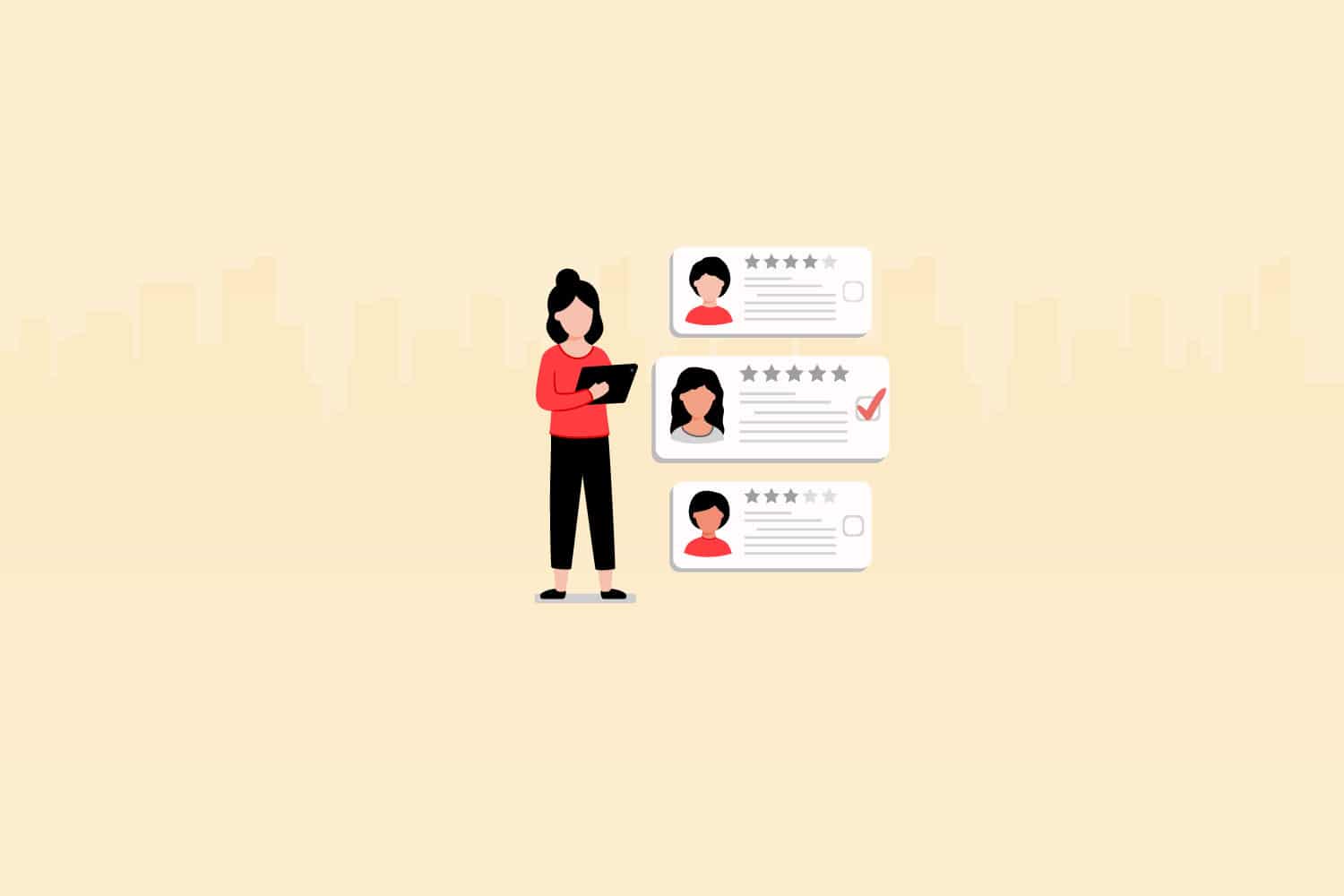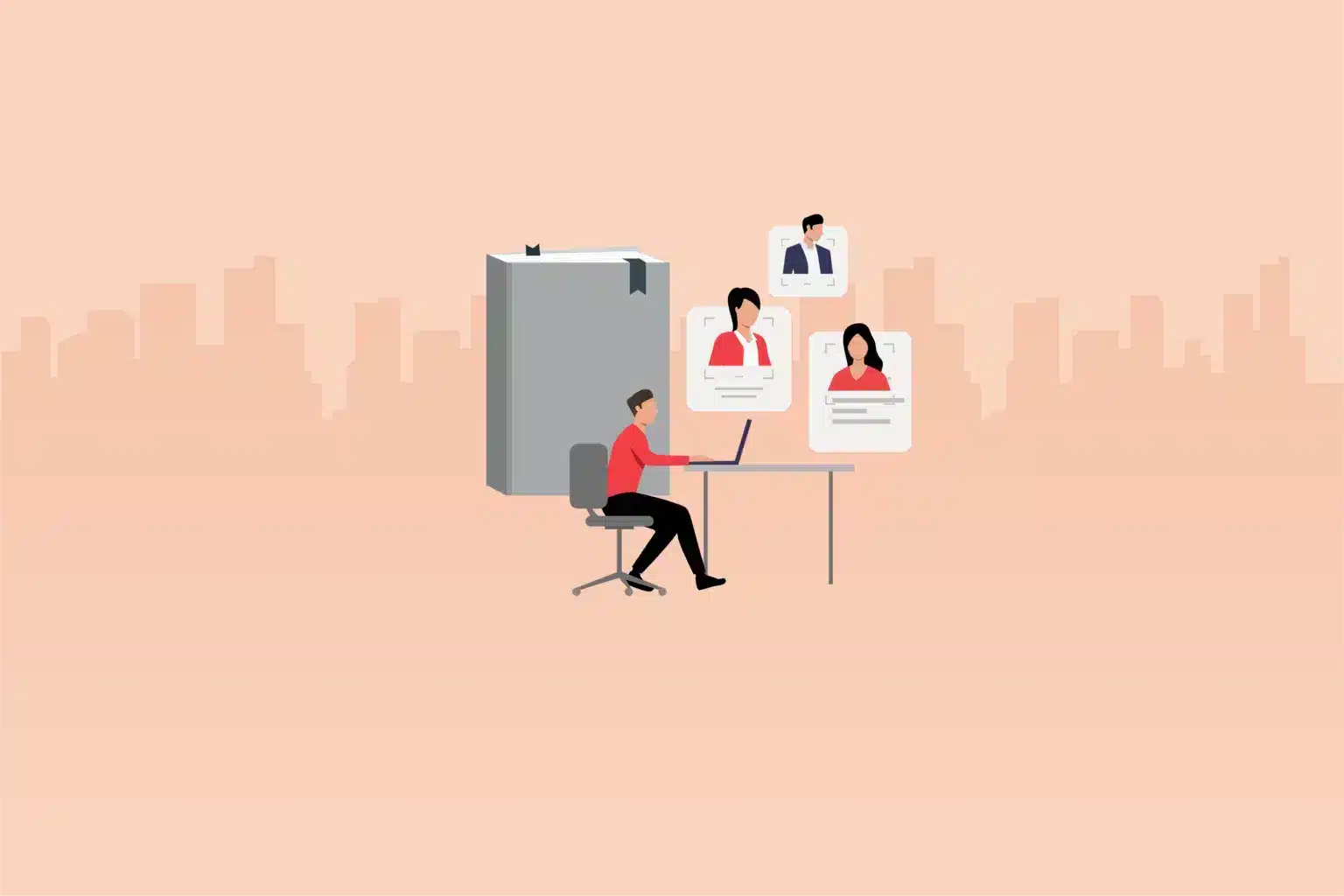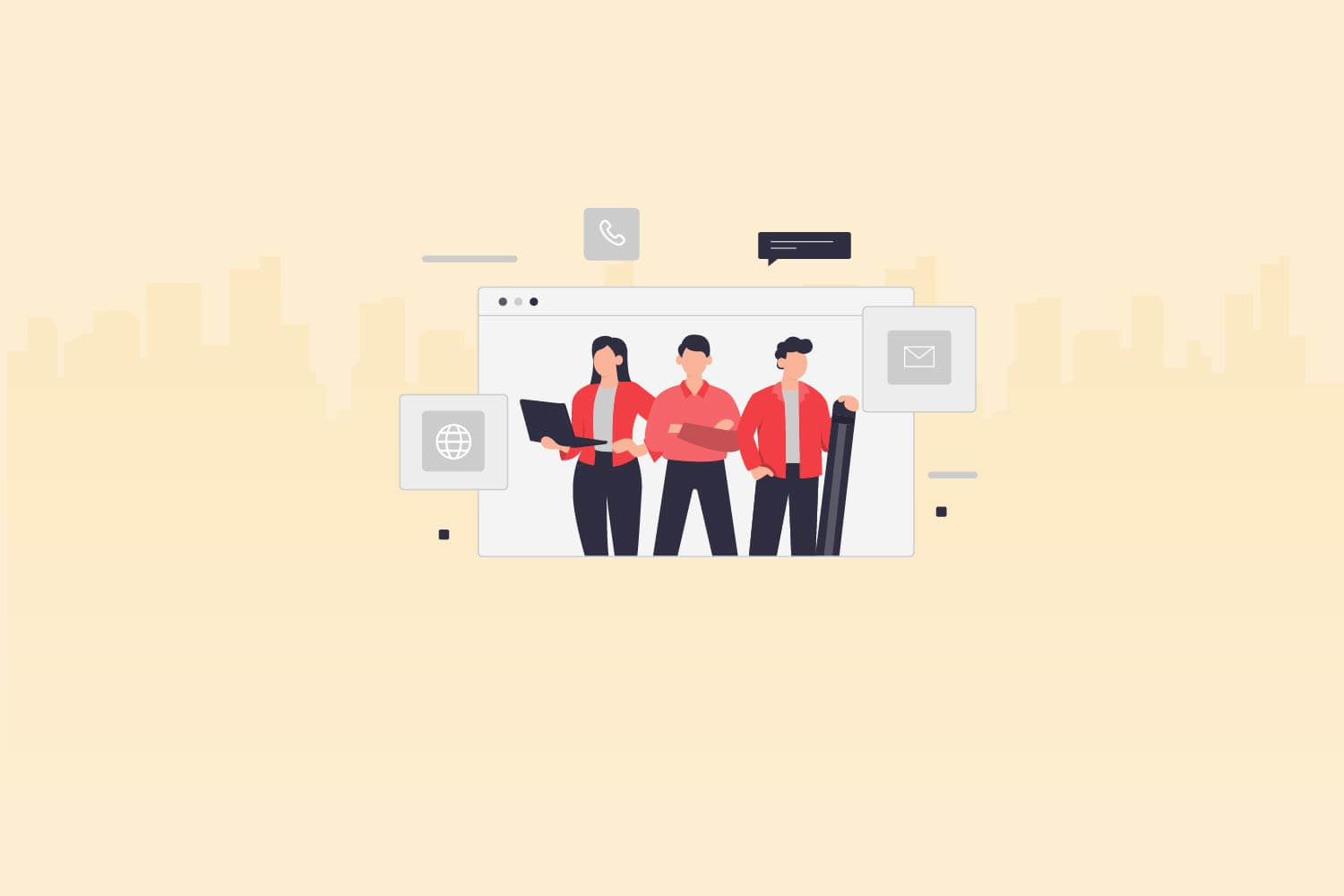VR developers possess the keys to unlock immersive and captivating virtual experiences that can drive a company’s growth and innovation to new heights. The demand for VR developers has never been higher, as businesses across diverse sectors seek to harness the power of this transformative technology.
According to zippia, As of 2022, the VR gaming industry has a market size of $12.13 billion.
However, finding the right VR developer is not a straightforward task. It requires a keen eye for both hard and soft skills, as well as a deep understanding of what makes a VR project successful. In this blog, we’ll delve into the world of VR developers, exploring their hard and soft skill sets, discussing where to find them, understanding the cost associated with hiring them, and providing a comprehensive guide on how to assess their skills effectively. By the end, you’ll be well-equipped to ensure that your next VR developer hire is not only a cost-effective investment but also a valuable asset in propelling your company forward into the virtual realms of tomorrow.
What is a VR developer?
A VR developer is a creative technologist with a unique skill set that revolves around crafting immersive virtual reality experiences. These skilled professionals play a pivotal role in shaping the digital landscapes of various industries. Here’s a glimpse of their roles and responsibilities, and how they drive a company’s growth:
Roles and responsibilities:
- VR Content Creation: VR developers are the architects behind virtual environments, designing everything from interactive games to immersive training simulations.
- Programming Expertise: They code and develop applications using specialized VR software and programming languages, ensuring seamless user experiences.
- Problem Solving: VR developers troubleshoot technical issues and optimize VR applications for performance.
- Collaboration: They work closely with designers, artists, and content creators to bring virtual concepts to life.
- Continuous Learning: Keeping up with emerging VR technologies and trends is vital, as they need to stay at the forefront of innovation.
Contribution to company’s growth:
- Enhanced User Engagement: VR experiences created by developers captivate audiences, enhancing brand engagement and customer satisfaction.
- Competitive Advantage: Companies leveraging VR technology gain a competitive edge by offering unique, immersive solutions.
- Training and Education: In sectors like education and healthcare, VR developers enable more effective training and education programs, contributing to industry growth.
- Innovative Product Development: VR developers drive innovation, leading to the development of groundbreaking products and services.
Tasks performed by VR developers:
- Designing and developing VR applications and experiences.
- Creating 3D models, textures, and animations.
- Writing and debugging code for VR software.
- Conducting user testing and feedback analysis.
- Optimizing VR applications for various platforms and devices.
In essence, VR developers are the architects of the digital realms, building bridges between technology and human experiences, and in doing so, they become essential catalysts for a company’s growth and success.
Hard skills to assess in VR developers
When it comes to assessing candidates for VR developer positions, it’s crucial to evaluate their hard skills meticulously. VR development is a highly technical field, and a successful VR developer should possess a specific set of technical competencies. Here are the key hard skills to look for and how to assess them:
- Programming Proficiency:
- Assessment: Evaluate the candidate’s proficiency in programming languages commonly used in VR development, such as C#, C++, or JavaScript.
- Assess it by: Review their coding portfolio, ask technical questions related to VR programming, or provide coding challenges.
- 3D Modeling and Animation:
- Assessment: Determine their ability to create 3D models and animations for VR environments.
- Assess it by: Review their past work or request a sample 3D model or animation project.
- VR Software Familiarity:
- Assessment: Ensure they are well-versed in popular VR development platforms and software, like Unity or Unreal Engine.
- Assess it by: Inquire about their experience with specific VR development tools and ask for examples of projects they’ve completed using these tools.
- Spatial Audio Knowledge:
- Assessment: Gauge their understanding of spatial audio and its importance in creating immersive VR experiences.
- Assess it by: Ask about their experience with audio design in VR projects and how they handle sound spatialization.
- Performance Optimization:
- Assessment: Confirm their ability to optimize VR applications for performance on various devices.
- Assess it by: Inquire about techniques they’ve used to optimize VR experiences and their familiarity with device-specific constraints.
- Hardware Compatibility:
- Assessment: Ensure they have experience developing for different VR hardware, such as Oculus Rift, HTC Vive, or standalone VR headsets.
- Assess it by: Ask about their previous work with various VR hardware and their adaptability to new devices.
- Knowledge of VR Interaction:
- Assessment: Assess their understanding of VR interaction design principles and user experience considerations.
- Assess it by: Discuss their approach to designing user interactions in VR applications and ask for examples of intuitive VR interfaces they’ve created.
By evaluating these hard skills, you can identify candidates who not only possess the technical expertise required for VR development but also have a proven track record of applying their skills to create immersive and engaging virtual experiences.
Soft skills to assess in VR developers
In addition to technical prowess, the success of a VR developer often hinges on their possession of essential soft skills that contribute to effective teamwork, creativity, and problem-solving. When assessing candidates for VR developer positions, consider the following soft skills:
- Creativity and Innovation:
- Assessment: Evaluate their ability to think outside the box and generate creative solutions for VR projects.
- Assess it by: Ask about past instances where they introduced innovative elements into VR experiences or solved design challenges with creative solutions.
- Problem-Solving Aptitude:
- Assessment: Assess their capacity to troubleshoot technical issues and adapt to unforeseen challenges in VR development.
- Assess it by: Pose hypothetical technical problems and inquire about their approach to solving them.
- Collaboration and Communication:
- Assessment: Gauge their effectiveness in working within cross-functional teams and conveying complex VR concepts clearly.
- Assess it by: Request examples of projects where they collaborated successfully with designers, artists, or other developers, and discuss their communication style.
- Attention to Detail:
- Assessment: Determine their commitment to delivering a flawless VR experience by focusing on the finer details.
- Assess it by: Inquire about their quality assurance processes and how they ensure the accuracy of VR elements.
- Adaptability and Learning Agility:
- Assessment: Verify their willingness to adapt to evolving VR technologies and learn new skills.
- Assess it by: Ask about their experiences of quickly mastering new VR development tools or languages.
- Time Management:
- Assessment: Ensure their ability to meet project deadlines and manage time efficiently.
- Assess it by: Discuss their project management strategies and how they prioritize tasks in a VR development workflow.
- User-Centric Mindset:
- Assessment: Confirm their focus on delivering VR experiences that prioritize user needs and comfort.
- Assess it by: Discuss their approach to user testing and incorporating feedback into VR designs.
Evaluating these soft skills is crucial because VR development is not merely about coding and design; it’s about creating immersive, enjoyable, and user-friendly experiences. A VR developer who excels in both technical and soft skills is more likely to contribute positively to your projects and team dynamics.
How to test a VR developer’s skills
Assessing a VR developer’s skills effectively requires a strategic approach that encompasses various technical tests. These tests serve as vital tools for evaluating a candidate’s proficiency in virtual reality development, ensuring they are equipped to tackle the challenges of the role. Here are different technical tests and why they are crucial:
- Coding Challenges:
- Importance: Coding challenges evaluate a candidate’s programming skills and their ability to write clean, efficient code for VR applications.
- Portfolio Review:
- Importance: Reviewing a candidate’s portfolio allows you to assess their past work and the quality of VR experiences they have created.
- VR Software Proficiency Test:
- Importance: This test measures a candidate’s familiarity with VR development platforms like Unity or Unreal Engine, which are essential tools in the VR developer’s toolkit.
- VR Hardware Compatibility Test:
- Importance: It ensures that candidates have experience developing for various VR hardware, making them adaptable to different VR platforms.
- Problem-Solving Scenarios:
- Importance: By presenting real or hypothetical VR development challenges, you can gauge a candidate’s problem-solving skills and creativity in addressing VR-specific issues.
- User Experience Evaluation:
- Importance: VR is all about user experience, so assessing a candidate’s approach to designing user-friendly, immersive VR environments is crucial.
- Technical Interview:
- Importance: Conducting a technical interview allows you to delve deeper into a candidate’s knowledge, problem-solving ability, and thought process when dealing with VR-related issues.
By incorporating these technical tests into your hiring process, you can ensure that the VR developer you select not only possesses the theoretical knowledge but also the practical skills needed to create captivating and functional virtual reality experiences. These tests are essential in identifying candidates who can excel in the dynamic and demanding field of VR development.
Where to find the best VR developer
Finding the ideal VR developer can be a challenging task, but with the right strategies and platforms, you can significantly enhance your chances of identifying the perfect fit for your team. Here’s how and where to discover the best-suited candidates for your VR developer role:
- Online Job Boards: Platforms like LinkedIn, Indeed, and Glassdoor are treasure troves for talent. Post detailed job listings that highlight your company’s commitment to VR development, and actively search for candidates who align with your requirements.
- Specialized VR Job Portals: Niche job portals such as VR World, VRJobs, and VR Scout focus specifically on virtual reality roles. These platforms attract candidates with a keen interest in VR development.
- Networking Events: Attend VR-focused conferences, meetups, and industry events. Engaging with the VR community in person can help you identify passionate and knowledgeable candidates.
- Online Communities: Participate in VR forums, Reddit communities (e.g., r/virtualreality, r/oculus), and VR-related Discord servers. These platforms are frequented by VR enthusiasts and professionals who may be open to job opportunities.
- Company Website and Social Media: Promote your job openings on your company’s website and social media channels. This way, you can reach potential candidates who are already interested in your company’s work.
- VR Development Schools and Programs: Collaborate with educational institutions that offer VR development programs. Graduates from these programs may be well-trained and eager to enter the workforce.
- Recruitment Agencies: Consider partnering with recruitment agencies specializing in tech and VR. They can help you identify candidates who match your criteria.
- Employee Referrals: Encourage your current team to refer potential candidates. Employees often have extensive networks and can help you find candidates who align with your company culture.
When searching for the best VR developer, it’s essential to be proactive and leverage multiple platforms. Cast a wide net, carefully review resumes and portfolios, conduct thorough interviews, and assess candidates’ technical and soft skills to ensure you find the right fit for your VR development projects.
Job description template for VR developer
About us:
[Company Name] is a dynamic and innovative company at the forefront of the virtual reality revolution. We are passionate about creating immersive and transformative VR experiences that push the boundaries of technology. Join our team of visionaries and be part of shaping the future of VR development.
Responsibilities:
- Design, develop, and optimize immersive virtual reality applications and experiences.
- Collaborate with cross-functional teams, including designers, artists, and engineers, to create captivating VR content.
- Write clean, efficient, and maintainable code for VR software using industry-standard programming languages.
- Troubleshoot technical issues and optimize VR applications for performance on various platforms and devices.
- Stay up-to-date with emerging VR technologies and trends to drive innovation in our projects.
- Conduct user testing and incorporate feedback to enhance the user experience in VR applications.
Qualifications:
- Bachelor’s degree in Computer Science, Game Development, or a related field (or equivalent experience).
- Proven experience in VR development, with a strong portfolio showcasing VR projects.
- Proficiency in programming languages commonly used in VR development (e.g., C#, C++, or JavaScript).
- Familiarity with VR development platforms such as Unity or Unreal Engine.
- Excellent problem-solving skills and attention to detail.
- Strong communication and collaboration abilities.
- Ability to work independently and as part of a team in a fast-paced environment.
Why join us?
- Opportunity to work on cutting-edge VR projects that make a real impact.
- Collaborative and innovative work environment.
- Access to the latest VR technologies and tools.
- Career growth and development opportunities.
- Competitive salary and benefits package.
Benefits:
- Health, dental, and vision insurance.
- Flexible work hours and remote work options.
- Generous vacation and paid time off.
- Professional development and training opportunities.
- Company-sponsored team-building events and outings.
Application process:
- Interested candidates are invited to submit their resumes and portfolios to [email address].
- Shortlisted candidates will be contacted for an initial interview.
- Selected candidates will participate in technical assessments and a final interview.
- We look forward to welcoming a talented VR Developer to our team!
Other Important information:
- Location: [City, State]
- Employment Type: Full-time
- Deadline for Applications: [Insert Application Deadline]
- Equal Opportunity Employer: [Company Name] is an equal opportunity employer. We welcome and encourage candidates from all backgrounds to apply.
Feel free to customize this job description the way you like. Also check out other free job description templates that we offer.
How much does a VR developer cost in the US?
The cost of hiring a VR developer in the US varies based on their experience and skill level:
- Entry-Level VR Developers: On average, entry-level VR developers with 0-2 years of experience command an annual salary ranging from $50,000 to $80,000.
- Mid-Level VR Developers: VR developers with 2-5 years of experience earn salaries in the range of $80,000 to $120,000 per year.
- Senior-Level VR Developers: Highly experienced senior VR developers, boasting over 5 years of expertise, can earn upwards of $120,000, with some commanding six-figure salaries.
These figures can vary depending on the location, industry, and the specific technical skills a VR developer brings to the table.
Interview questions for VR developers
Interviewing VR developers requires a well-rounded set of questions that assess their technical abilities, soft skills, and general expertise. Here are 15 questions categorized into these key areas:
Hard skills:
- Can you describe your experience with VR development platforms like Unity or Unreal Engine?
- What programming languages are you proficient in for VR development, and can you provide examples of projects you’ve worked on?
- How do you optimize VR applications for performance on different devices and platforms?
- Can you share a challenging technical problem you’ve encountered in VR development and how you resolved it?
Soft skills:
- Tell us about a time when you had to collaborate with a diverse team to create a VR project. How did you contribute to the team’s success?
- How do you handle user feedback and integrate it into your VR designs to enhance the user experience?
- Describe a situation where you had to use your creativity to solve a design or interaction challenge in a VR project.
- How do you prioritize tasks and manage your time effectively when working on multiple VR development projects?
General skills:
- What motivated you to pursue a career in VR development, and what excites you most about this field?
- Can you provide examples of VR applications or experiences that have inspired your work?
- How do you stay updated with the latest VR technologies and trends, and how do you apply them to your projects?
- What is your approach to quality assurance and testing when developing VR applications?
- Can you share a VR project from your portfolio that you’re particularly proud of and explain why?
Problem-solving:
- Present a hypothetical VR development challenge. How would you approach solving it?
- In a rapidly evolving field like VR, how do you adapt to new technologies and overcome unexpected obstacles in your projects?
Asking these questions will help you assess a candidate’s technical proficiency, soft skills, passion for VR development, problem-solving abilities, and adaptability—critical factors in identifying the right VR developer for your team.
Assess for VR developer skills to avoid mis-hires
Hiring the perfect VR developer is a pivotal challenge, and one wrong hire can lead to costly setbacks. To mitigate the risk of mis-hires, implementing effective assessments in your hiring process is crucial. Assessments not only help you evaluate a candidate’s technical proficiency and soft skills but also reduce the time-to-hire by identifying the right fit more efficiently.
At Testlify, we understand the importance of making informed hiring decisions. Our talent assessment tool is designed to help you streamline the evaluation of VR developer candidates. With our platform, you can create customized assessments tailored to your specific needs, ensuring that you select candidates who meet your exact requirements.
Schedule a demo today to see how Testlify can revolutionize your VR developer hiring process. Don’t settle for less; hire the VR talent that propels your company into the immersive future.
Make assessments your ally in building a team of skilled and passionate VR developers who will drive innovation and success for your organization.








